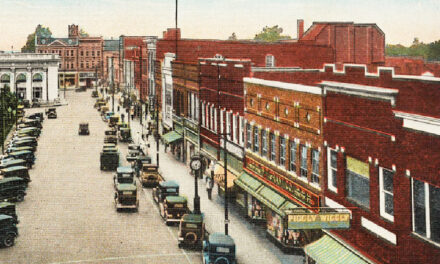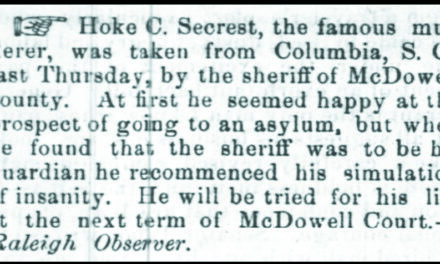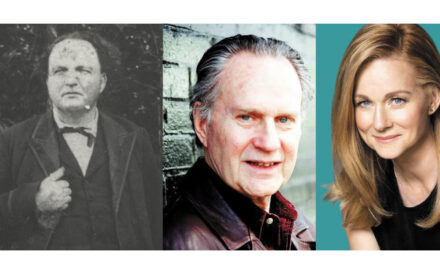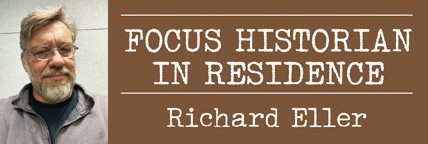
About 50 years ago, the term “bad” came into use as a term meaning something different than previously. Instead of being the opposite of good, bad became a way to describe a person not to be trifled with because they were a force of nature, another way of saying that this individual accepted life under their own terms, not defined by anyone else. There was even a collection of these people by the mid-1970s. In a duel with his bandmate during the classic tune “Backdoor Love Affair,” ZZ Top’s Billy Gibbons says of Dusty Hill, who just perfected tricky vocal performance, “he thinks he’s real bad. He thinks he’s badder than Shaft, Superfly, James Bond and Kung Fu all put together tonight.” Kind of a “bad” hall of fame. And yet the list is incomplete by at least one member; a person most all of us never knew existed.
Abraham Galloway was born into enslavement as a mixed race child on February 8, 1837, his father a “white boatman,” (not his enslaver) and his mother, black and in bondage. Since “the condition of the child goes with the mother,” that meant that Abraham was also enslaved. Fortunately, he was too bad for that. Following an adolescence where he apprenticed as brickmason, he risked his life to escape by stowing away on a cargo ship leaving Wilmington, headed to Philadelphia. The attempt included a daring scene where he planned to brave fire in order to go undetected. The intrepid move served as only the beginning of his biopic-worthy life.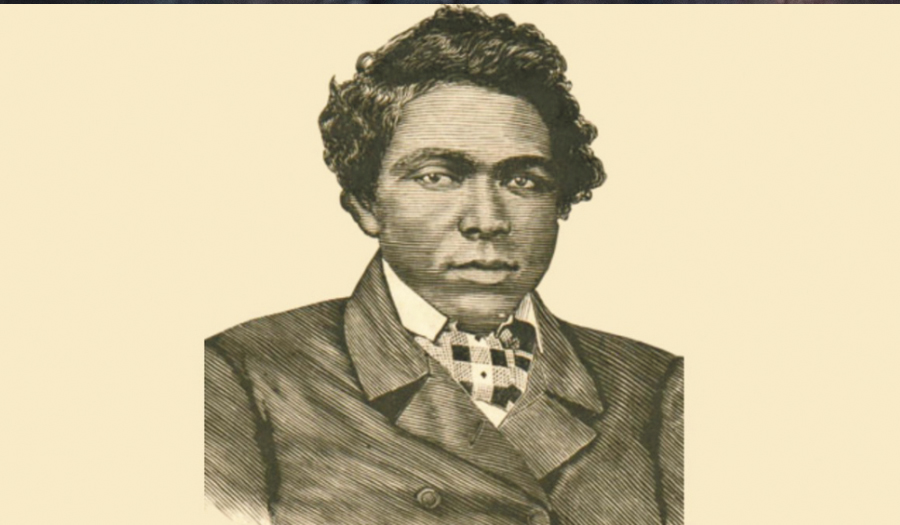
He used the Underground Railroad to get to Canada, but by the eve of the Civil War, ventured to Haiti to start a slave rebellion that he hoped would ignite the coming conflict. By that time, the war had already begun, so he returned to the United States and worked between the lines as a federal spy. Back in his home state, he reported on Confederate naval activities in Beaufort. Galloway found himself captured in Vicksburg during early efforts take the city in order to break the southern stronghold and wrest the control of the Mississippi River from the Confederacy. He escaped, thanks to his stealthy abilities.
Along the way, Abraham Galloway learned the art of oratory, which is an old style way of saying he was an inspiring speaker. He convinced countless numbers to join the fight, recruiting African-Americans to enlist during the war. His abilities were such that President Abraham Lincoln recognized Galloway’s talent and invited him to come to the White House to strategize. In fact, the meeting was a first for Lincoln, who had never before met a delegation of formerly enslaved persons for purposes of helping to win the war.
Galloway’s exploits included a number of daring events. He personally led several thousand formerly enslaved persons to New Bern to join the federal side, but made sure the Union (and Lincoln) understood that they were fighting for much more than the restoration of the nation. They wanted freedom. Back in Wilmington, he rescued his own mother from enslavement. Think of how that could be heroically portrayed on screen. Surviving multiple assassination attempts, Galloway advocated tirelessly for equal treatment of women as well as men. He began what might be considered the nation’s first Civil Rights organization (the Equal Rights League) in the South, holding conventions to plan strategies in cities like Raleigh before the war was even over.
Once the war was won, Abraham Galloway returned to NC, where he participated in a renewed state government that renounced slavery. His fellow citizens elected him to the General Assembly, one of the first African-Americans to do so. He fought the KKK, even getting legislation passed to create a state militia to combat their efforts. Fearless, Galloway always carried a gun for self defense.
In 1870, just after his reelection to the state senate and the birth of his second son, a fever developed, taking the life of Abraham Galloway at just 33 years old. Over 6,000 people attended his funeral. By that point, he lived a life more imaginable in our time than his. Biographer David Cecelski put it well, calling him a “swashbuckling figure who wouldn’t take sass.” That’s bad-ass.
Besides a book, there’s also a stage play about Abraham Galloway, called The Fire of Freedom. Look for the movie to follow.
Photo: The only portrait of Abraham Galloway known to exist. Hopefully, this lesser-known American hero steps out of the shadows and into a movie theatre near you, soon.




